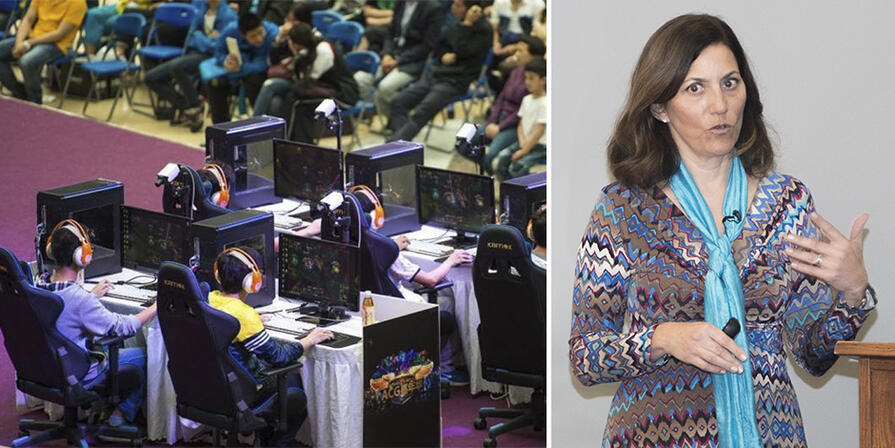With 600 million gamers (nearly twice the population of the US), China is the single-most important market in the world for PC online and mobile games, and dominates the global esports market. China’s Tencent is the largest game company in the world. This talk discusses the factors driving the market as well as the trends in what gamers prefer, companies, games, and competitors that are important.
In 2002, Lisa Hanson built the first baseline study on the Chinese games market. For 16 years, as founder and managing partner of Niko Partners, she’s helped game publishers, platforms, hardware companies, hedge funds, media companies, trade associations, consulting firms, and consumer brands understand and succeed in China and Southeast Asia, which are the largest and fastest growing games markets in the world. Lisa built a team of analysts based in Asia, the US and the UK to provide market research and consulting about the digital games markets in Asia.
Prior to Niko, Lisa was Lead Strategist at Viant Corporation, Director at IDC, and a financial analyst in London and in Tokyo. She has a MA in International Economic Policy from The American University’s School of International Service, and a BA in Political Science/International Relations from UCLA. Lisa believes in “peace through intercultural understanding."
This video is also available on the USCI YouTube Channel.




